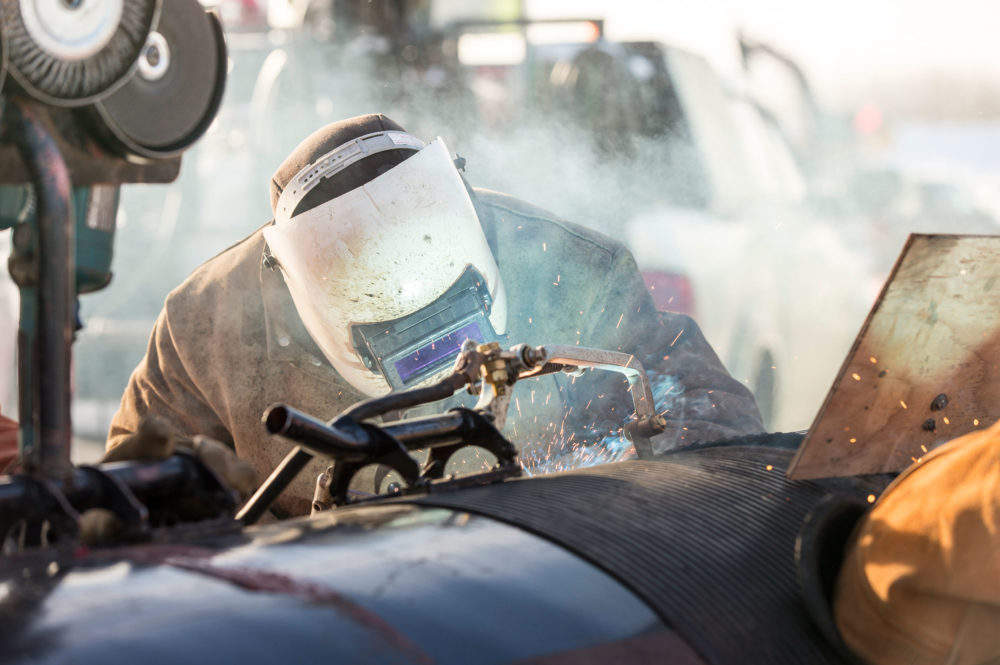A US federal judge in Montana has turned down TransCanada's request to undertake certain pre-construction field activities for its proposed $8bn Keystone XL pipeline project.

Image: The 1,900km long Keystone XL pipeline project will stretch from Alberta, Canada to Nebraska, US. Photo: courtesy of TransCanada Corporation.
In a ruling, the US District Court Judge Brian Morris has blocked the company from undertaking construction of worker camps and most other pre-construction work along the route of the Keystone XL pipeline project.
The judge did allow the company to store pipe of the Canada-US tar sands pipeline project in storage yards located off the pipeline right of way. However, TransCanada has been allowed to store them only on private land that has been surveyed and analyzed properly.
Sierra Club senior attorney Doug Hayes said: “Today’s ruling does nothing to change the obvious fact that Keystone XL will never be built.
“After a decade of trying to force this pipeline on the American people, it’s time for TransCanada to finally get the message and give up.”
The same judge in November 2018 blocked TransCanada’s plans for constructing the Keystone XL pipeline project on grounds of environmental concerns. The ruling from the federal judge came despite a conclusion from the US State Department that the proposed pipeline project will not have any significant impact on the environment.
The judge had also ordered the Trump government to relook at its environmental review issued for the 1,900km long pipeline project. In March 2017, the Trump administration issued a presidential permit for the project.
The Keystone XL pipeline project is designed to transport over 800,000 barrels per day of heavy crude from Canadian oil sands into the US. The 36-inch diameter Keystone XL pipeline project is to start at Hardisty in Alberta province, Canada and end south of Steele City in Nebraska, US.
The US part of the tar sands pipeline project has been planned to pass via the states of Montana and South Dakota.
In January 2018, TransCanada said that it had secured nearly 500,000 barrels per day of firm and 20-year commitments for the proposed pipeline. The company has plans to begin construction on the crude oil pipeline this year.
However, the pipeline project has been under opposed by various environmental groups for several years.
Bold Alliance president Jane Kleeb said: “TransCanada cannot build its risky pipeline. We stand ready to present the case to the next court as our 10-year battle moves on.
“Property rights, water, and the sovereign rights of Tribal Nations matter to Americans and it’s time for our country to move away from Keystone XL and move on to confronting climate change. Farmers win another round while Big Oil keeps clinging on to the past.”
